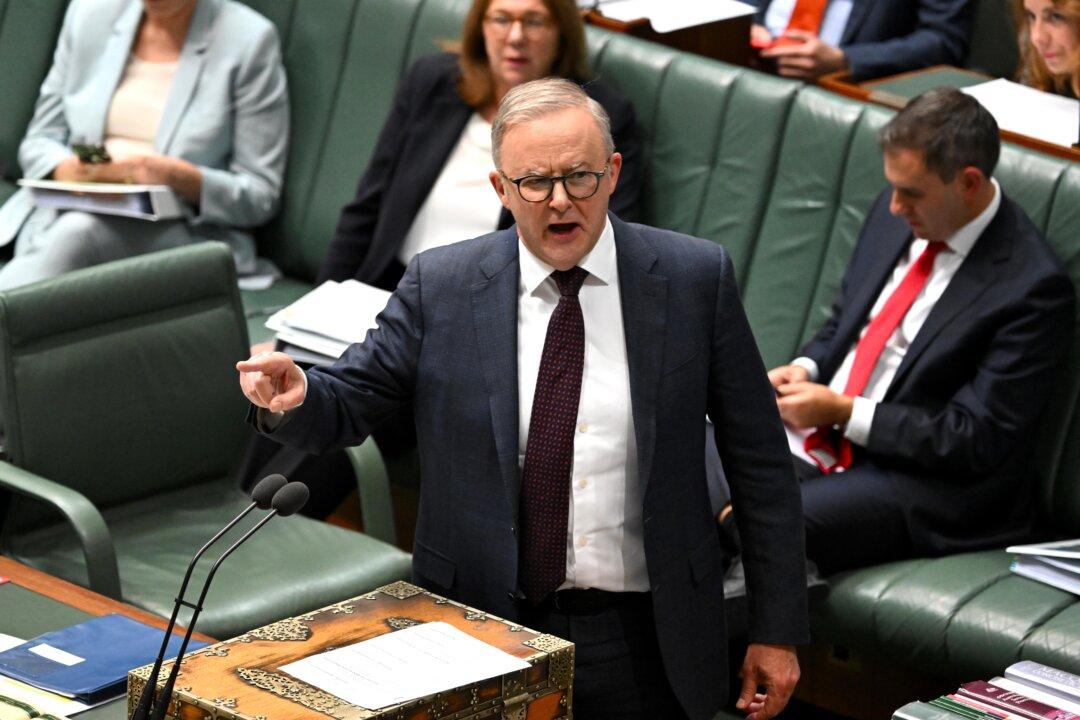The centre-left Labor government is under mounting pressure following the arrest of the fifth former detainee who was allowed to walk free from immigration detention under the High Court’s decision.
Queensland police apprehended William Yekrop, a 39-year-old Sudanese man, on Dec. 7 after they discovered a decade-old warrant for his return to prison, which went under the radar of authorities before his release. The man faced extradition to New South Wales (NSW) in the upcoming days.




